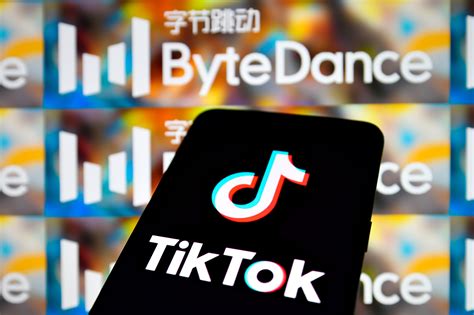In the digital age, ByteDance has emerged as a behemoth, thanks to its flagship product TikTok. However, the company’s suite of apps, including the popular video editing tool CapCut, could face significant operational challenges in the U.S. following a potential legislative ban targeting TikTok. At the heart of this legislative move is a national security concern, chiefly that ByteDance’s apps could serve as conduits for foreign influence, a claim exacerbated by the company’s opaque affiliations with the Chinese government. The U.S. lawmakers argue that the control Beijing may have over ByteDance could translate into undue influence exerted through these apps on American soil.
The recent legislative efforts to define and restrict operations of ‘foreign adversary controlled’ entities underscore a burgeoning wariness of foreign digital influence. This has seen the introduction of terms such as ‘foreign adversary country’ into legal lexicon, referring explicitly to nations including China and Russia. The specificity of this designation in legal documents points to a targeted approach, which aims not merely to safeguard data but to curb the potential political and cultural influence these foreign-owned apps might wield. The debate around these laws navigates complex territories of international trade law, digital sovereignty, and the broader geopolitics of technology.
Such legislation brings ByteDance into a critical spotlight because the company embodies the confluence of innovation and foreign influence. The debate isn’t just about data privacy; it’s deeply tied to the autonomy of national digital spaces and the preservation of internal cultural dialogues against external meddling. There’s a larger conversation about whether America, by potentially banning TikTok, is setting a precedent for future international tech relationships. Critics argue that this might reciprocate similar actions from other countries, which could lead to a balkanization of the global digital landscape, affecting not just social media but potentially other technological domains like AI and quantum computing.
The implications of such a ban extend beyond mere access to a social media platform; they delve into the realms of how sovereign nations interact with global tech companies. A ban could potentially push ByteDance to sell its U.S. operations to a non-foreign adversary entity, dramatically reshaping the company’s global strategy. This could serve as a deterrent or a compelling force for other tech companies to reevaluate their business models and ownership structures to comply with the geopolitical shifts and the security landscape of the nations they operate in.
Further complicating matters is the concept of digital sovereignty, which is becoming a cardinal component of national security strategies. As countries like China and the U.S. continue to grapple with the implications of digital information flow across their borders, measures like these not only affect bilateral relations but also set conditions for digital trade and internet freedom worldwide. The U.S. stance on ByteDance could influence other nations’ policies on American tech companies, potentially leading to a tit-for-tat scenario that complicates international tech diplomacy.
In conclusion, the potential TikTok ban is not just a singular event but a nexus of complex issues impacting international relations, national security, and the global tech industry’s future. It challenges the existing frameworks of digital engagement and forces a reevaluation of how countries relate to foreign tech entities on their soil. As this situation evolves, it will undoubtedly serve as a case study for the interaction between technology, law, and international political strategy, possibly reshaping how digital products are treated on the global stage.


Leave a Reply